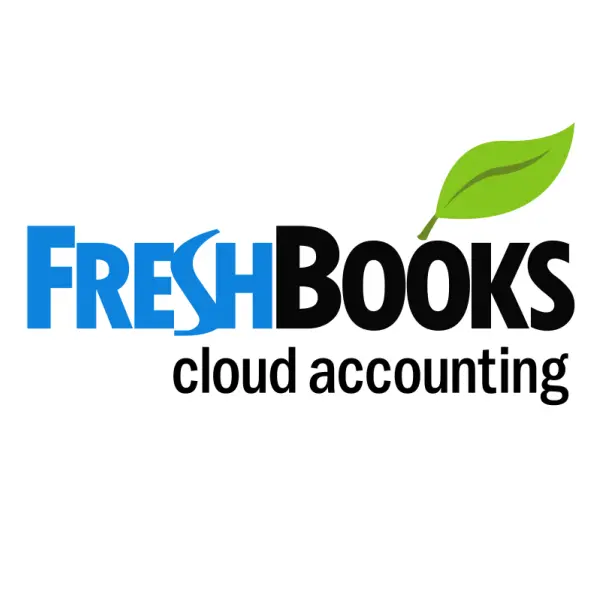We may earn a commission if you click on a product link and make a purchase at no additional cost to you. For more information, please see our disclosure policy.
Last updated: November 29, 2024
Starting a business from scratch isn’t the only way to build an empire and establish a long-term financial investment. Buying an existing business comes with many advantages and is often considered a less risky investment if you’ve done your research.
Whether you’re looking at management rights for sale, a franchise, or a small owner-operator store, analyzing the business will help ensure you’re buying a viable investment. As you
Financial Performance
To accurately value a business, one of the most important steps is to assess its financial performance. This includes analyzing key financial statements such as income statements, balance sheets, and cash flow statements. These documents provide insights into the company’s revenue,
Consider using financial metrics such as EBITDA (Earnings Before Interest, Taxes, Depreciation, and Amortization) to get a clear view of core profitability. Evaluating financial performance is critical in identifying whether the business is sustainable and a good investment opportunity for potential buyers or stakeholders.
Market Position
Another key factor in determining how to value a business is to assess its market position. This involves evaluating the company’s presence in the industry, its market share, and its reputation compared to competitors. A business that is well-established and has a significant market share is often considered more valuable.
Understanding the company’s unique selling propositions (USPs), market differentiation, and competitive advantages can greatly influence the business valuation. The market position not only reflects the strength of the brand but also its growth potential, making it an essential component of a proper valuation strategy.
Time to be your own boss. Join the millions who launched their businesses with LegalZoom. LLC plans start at $0 + filing fees.
Revenue Streams
When valuing a business, it is also crucial to examine its revenue streams. Understanding how a business makes money, whether it relies on a single product or service, or if it has multiple diversified sources of income, provides an understanding of potential risks and opportunities. Revenue diversity can make a business more resilient to market changes, which, in turn, increases its valuation.
For example, a company that relies on recurring revenue models such as subscriptions often commands a higher value because of predictable cash flows and
Customer Base
The customer base is a major factor in determining the value of a business. Having a large, loyal
Businesses that have a broad and diverse
Add to your bottom line, not your to-do list.
Email, social media, and more to help your business get the attention it deserves.
Intellectual Property and Assets
The value of intellectual property (IP) and assets should not be overlooked when assessing how to value a business. Tangible assets such as real estate, machinery, and equipment can add substantial value, as can intangible assets like patents, trademarks, and proprietary technology.
IP rights provide the business with competitive advantages, allowing it to stand out in the marketplace, and can significantly boost its overall valuation. Identifying these valuable assets and evaluating their market worth is vital to arriving at a comprehensive valuation, especially in industries where innovation and technology are key differentiators.
Growth Potential
Evaluating a business’s growth potential is a crucial part of the valuation process. This involves considering the company’s plans for future expansion, existing opportunities in the market, and the capacity to scale operations. Businesses with clearly defined growth strategies, such as entering new markets or expanding product lines, are generally valued higher.
Additionally, analyzing industry trends, economic conditions, and technological advancements can provide insights into whether the business is well-positioned for future growth. The better the potential for expansion, the higher the business’s valuation, making growth potential an essential component in any valuation strategy.
Competitive Landscape
Understanding the competitive landscape in which the business operates can provide important insights when valuing the company. Identifying the number of competitors, the intensity of competition, and the barriers to entry in the industry can impact the perceived value of the business. If the company has significant advantages over its competitors, such as better pricing, technology, or brand loyalty, it adds value to the business.
Additionally, the ability of the business to adapt to changes in the competitive environment is an essential consideration that can influence the valuation. A business that remains agile and resilient in a competitive market is generally viewed as more valuable.
Operational Efficiency
Operational efficiency is an important factor that affects a business’s value. Efficient operations can lead to lower costs, improved profitability, and a better return on investment, which are all factors that boost the overall valuation. Reviewing supply chain management, production processes, employee
The ability to maintain operational efficiency, even during periods of growth, shows that the business has strong foundations and management capabilities. A business that can streamline its operations while maintaining quality is likely to have a higher valuation, as it demonstrates control over costs and the ability to sustain profit margins.
The Smart Way to Fund Your Business
- Find your best loan offer from competing lenders
- Loans up to $5M.
- Checking rates won't affect your credit score.
The numbers add up
It might sound obvious that a good sign of a worthy business is that the numbers add up, but a surprising number of entrepreneurs fail to do a thorough analysis of the books before buying into the dream.
This is where a good business broker can come in handy as many businesses are either overpriced or don’t provide full financial disclosure upfront. Unless you know what it is you’re looking for, you could miss something substantial such as a few outstanding debts or legal fees that you’ll end up inheriting.
Looking at the business balance sheets, cash flow, income statements, footnotes, and tax returns for at least the last 3 years will help give you a good indication of the health of the business.
If the numbers add up that’s a positive sign the business could be a viable investment.
Easy-to-Use Accounting & Bookkeeping Features. Invoicing and Accounting Tools Built for Any Sized Business
A good reputation
Small businesses rely on a good, loyal
During your research, you’ll discover how active the business is in the community and online. This may be a red flag or it may be a way for you to expand and grow the business when you take it over.
Loyal, well-trained staff
Another good sign a business is worth buying is if there are well-trained and loyal staff members who are keen to remain employed after an acquisition of the business. It shows the current owner has taken the time and energy to ensure the business runs smoothly and has created a positive working environment.
These employees will become one of your most valuable assets as it gives you time to work on the business rather than in it. An existing crew of trained employees also alleviates the stress of interviewing,
Aswath Damodaran guides readers through the fundamentals and step-by-step process of picking winning companies to invest in.
Joey Trebif is the pen name of Mark Fiebert, a former finance executive who hired and managed dozens of professionals during his 30-plus-year career. He now shares expert job search, resume, and career advice on CareerAlley.com.







